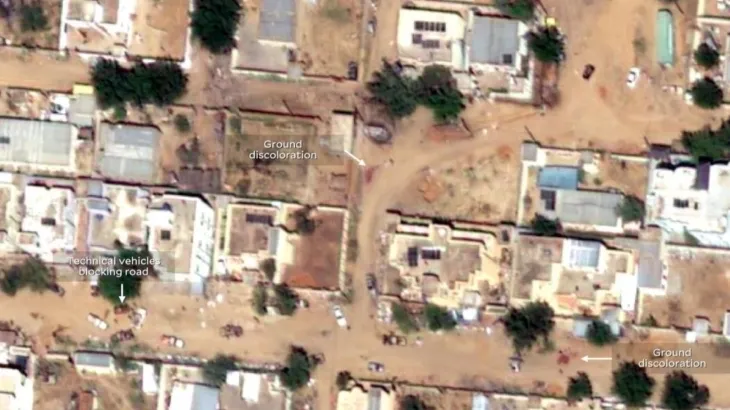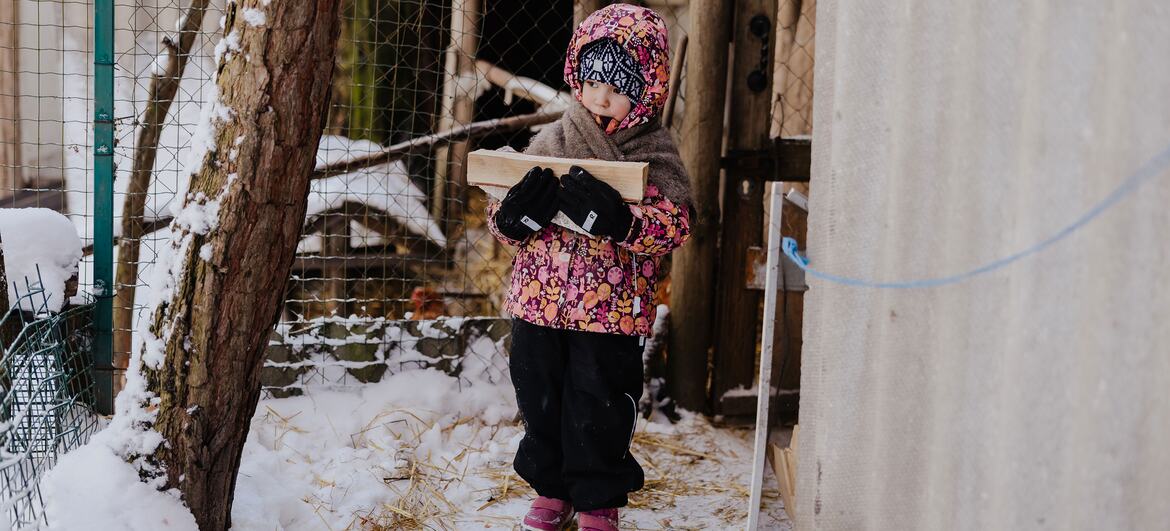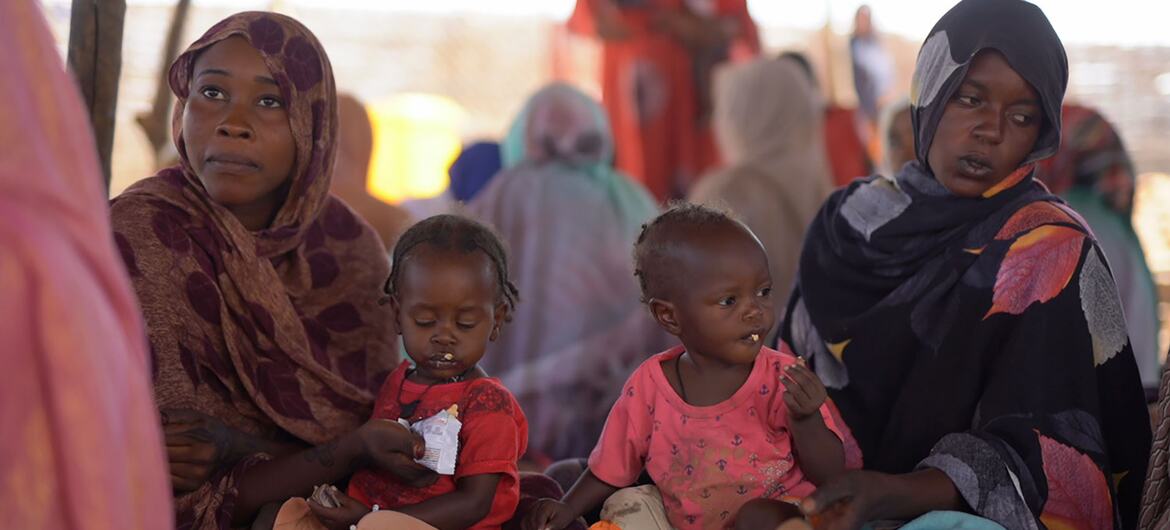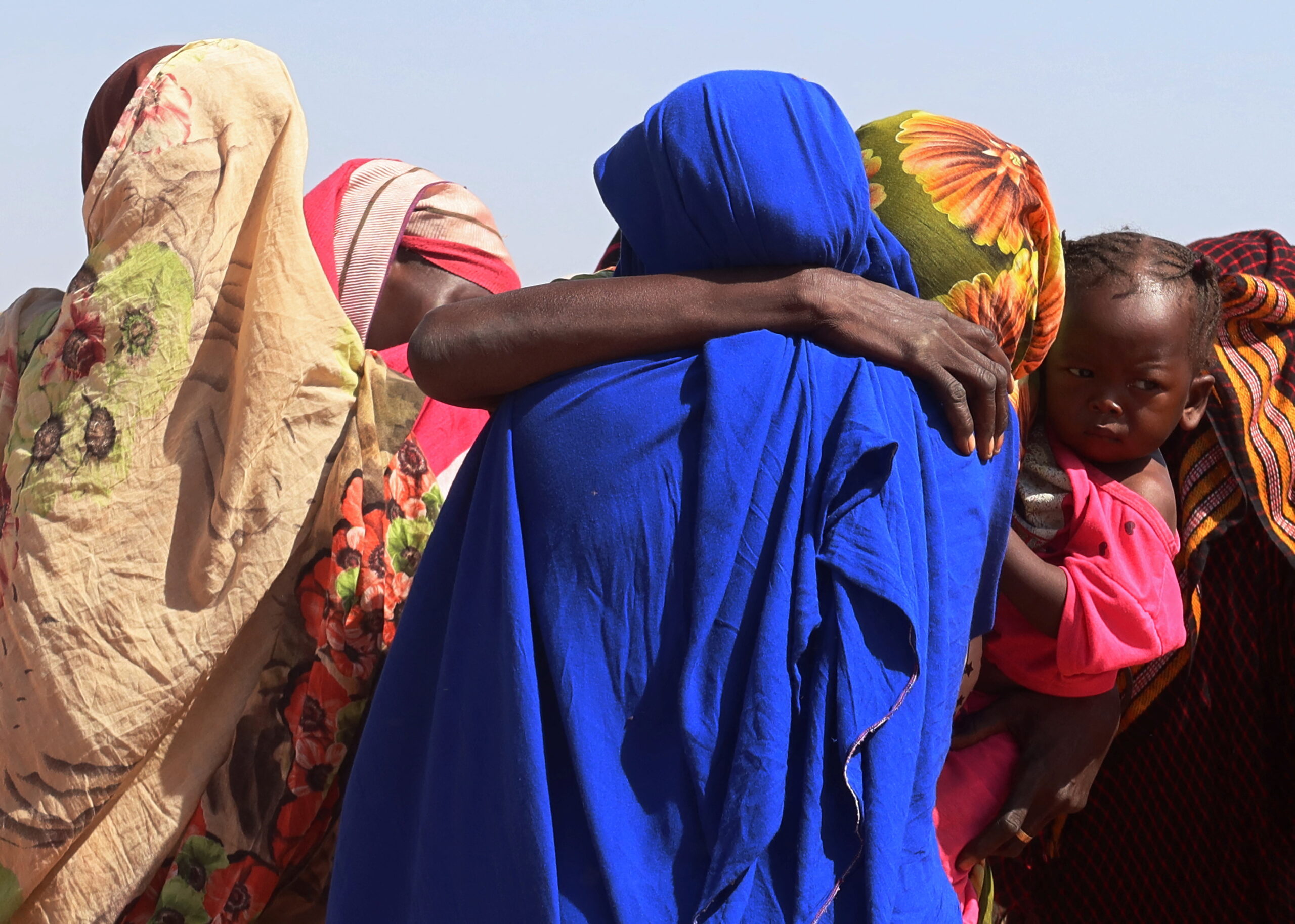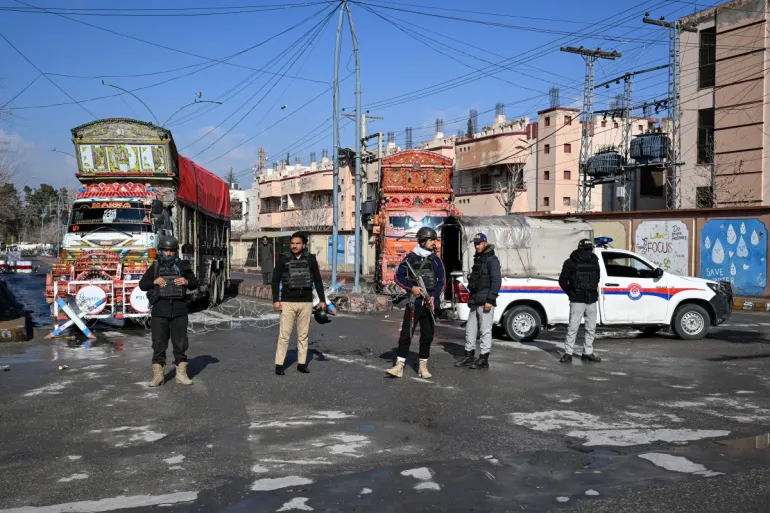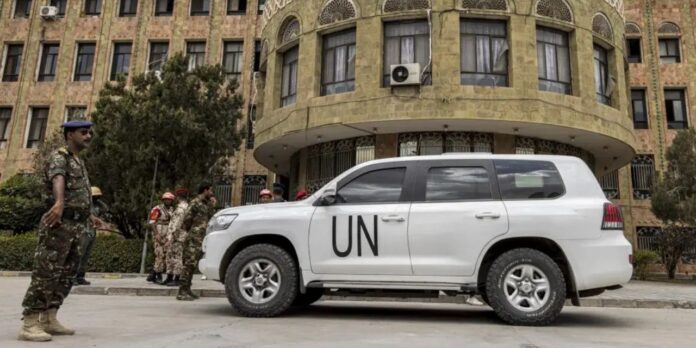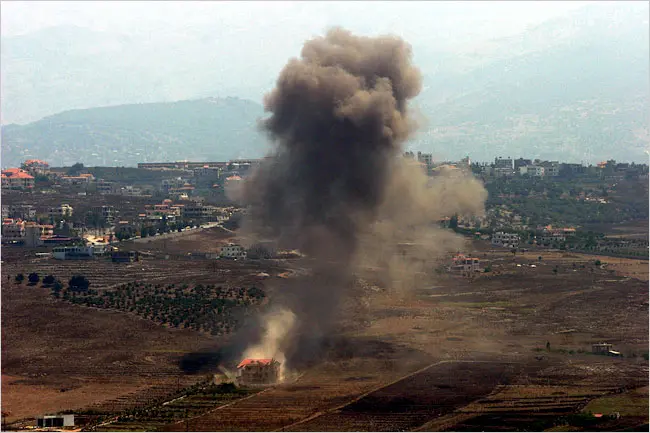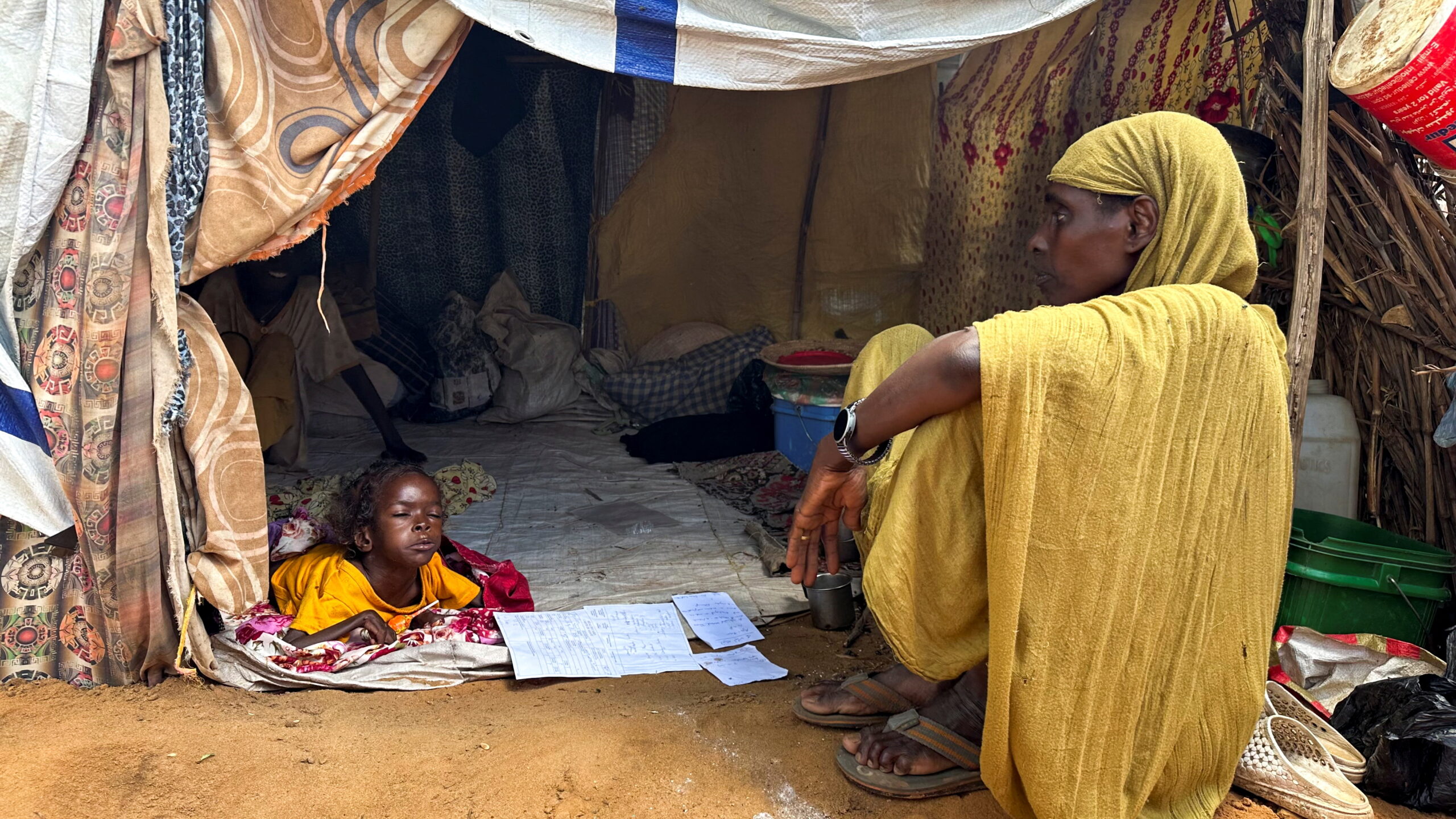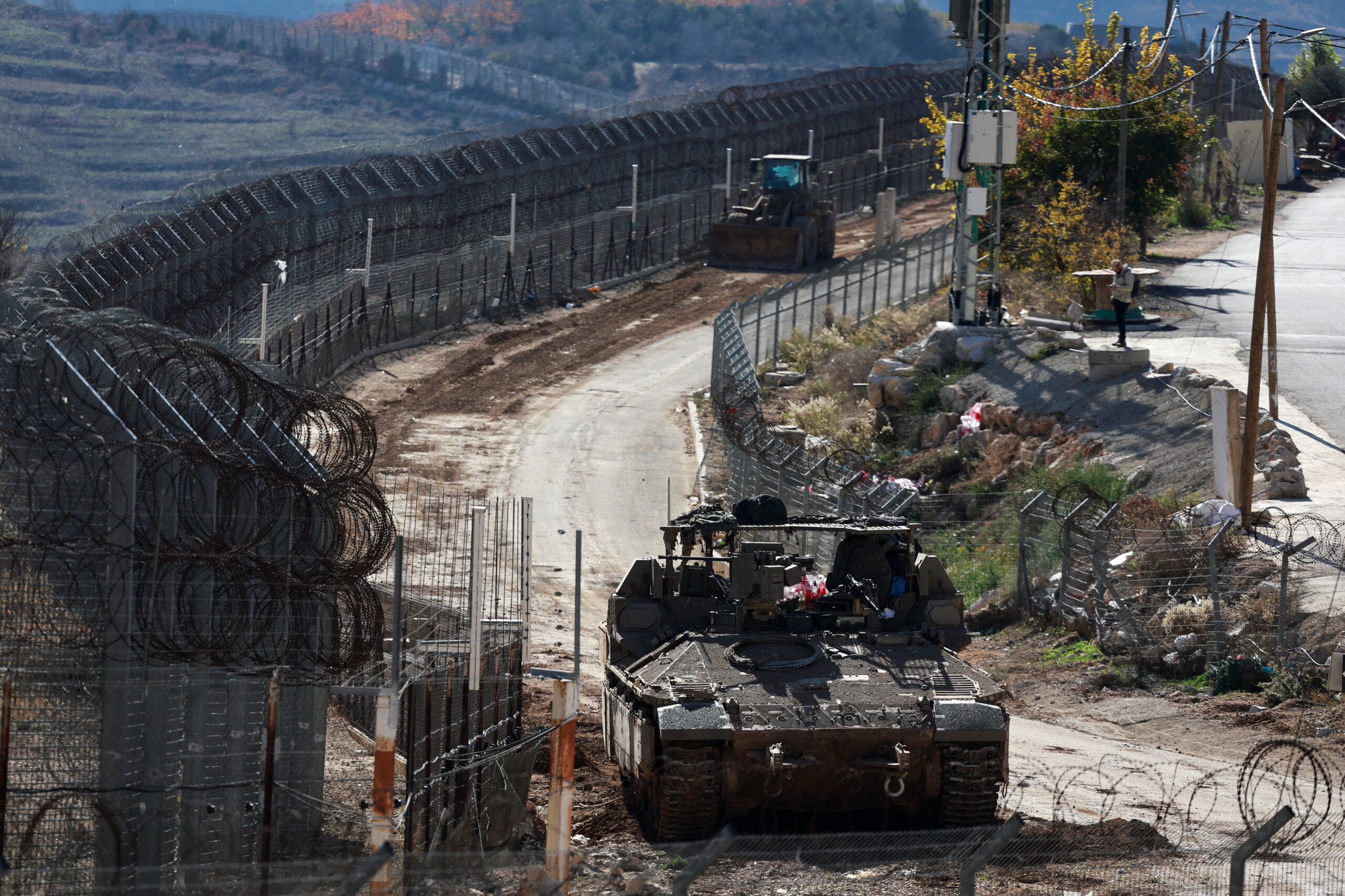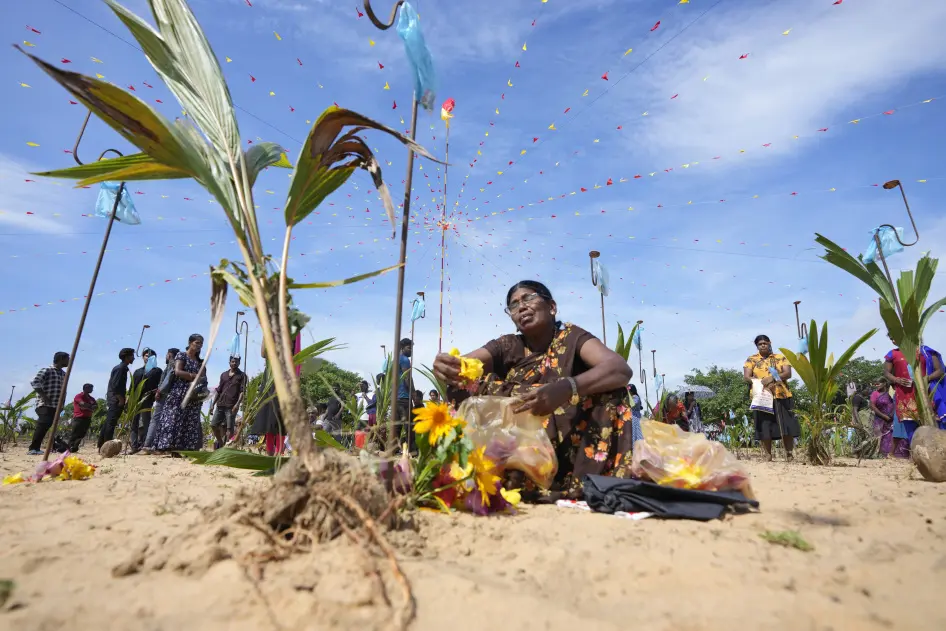How international law was violated in Israel-Palestine conflict: Interview with Adil Haque
![Israeli attacks on Gaza 2021 [Reuters]](https://liberties.aljazeera.com/resources/uploads/2021/05/1621424347.jpg)
Israeli attacks on Gaza 2021 [Reuters]
During the deadliest conflict in years between Israel and Palestine 248 Palestinians were killed in May including 66 children. 13 people were killed in Israel.
Both Israel and Hamas have been accused of having committed war crimes during the 11 days of fighting.
Adil Haque is professor of law at Rutgers University. He writes on the law and ethics of armed conflict. He spoke to Al Jazeera on the recent conflict and international law.
Al Jazeera: Which international crimes were committed during the recent conflict between Israel and Palestine?
Haque: IDF members very likely committed the war crime of intentionally directing attacks against civilian objects, including entire apartment buildings, and the war crime of launching attacks knowing that they will cause excessive (“disproportionate”) harm to civilians. But it may be difficult to prove the state of mind of individual IDF members.
Also, the IDF will argue that if Hamas uses any part of a civilian apartment building, then the entire building becomes a military objective, and every civilian apartment inside loses its legal protection. It’s a morally grotesque view, and it’s unlikely that any international court would accept it.
Hamas members almost certainly committed the war crime of intentionally directing attacks against the civilian population. It’s also likely that Hamas members committed the war crime of intentionally using civilians as human shields.
In East Jerusalem and the West Bank, IDF members also very likely committed the war crimes of transferring parts of Israel’s civilian population into occupied territory, and transferring parts of the Palestinian population within occupied territory.
Al Jazeera: What do you expect will happen now in terms of accountability measures? Do you expect a Commission will be established such as the fact-finding Commission after the 2014 war? What would be the best measure for the international community to adapt?
Haque: The UN Human Rights Council has created a Commission of Inquiry to investigate international crimes. It’s unlikely that Israel or Hamas will cooperate. The Commission can’t impose criminal penalties or sanctions, but it may perform a valuable fact-finding role even without cooperation by the IDF or Hamas. The Council has several members with deplorable human rights records, but most Commissions of Inquiry are staffed by professionals and led by respected figures.
Ideally, the UN Security Council should refer the situation to the International Criminal Court, require both sides to fully cooperate with the investigation, and override the immunities of government officials. The ICC already has jurisdiction over international crimes committed by Palestinians, as well as international crimes committed by the IDF in East Jerusalem, the West Bank, and Gaza. But Israel currently has no duty to cooperate with the ICC, and some States may hesitate to execute ICC arrest warrants against Israeli officials. The Security Council could address those problems.
International humanitarian law is just one branch of international law. When the fighting stops, other violations of international law continue. Public attention, media attention, and legal scrutiny should continue as well.
Al Jazeera: Could it be argued that because of the specific geography and circumstances of Gaza international humanitarian law (IHL) as conventionally applied does not really fit the circumstances? Should IHL be adjusted?
The main problem with applying international humanitarian law in Gaza is the problem of ‘reverberating effects’.
It was completely foreseeable that the IDF campaign as a whole would inflict massive harm on civilians: cutting off power, water, and electricity to people who need it, preventing medical care during the pandemic, and causing surrounding buildings to collapse or suffer structural damage rendering them uninhabitable.
But international humanitarian law has traditionally focused on the immediate consequences of individual attacks, not the foreseeable consequences of entire campaigns. That’s starting to change, but not fast enough.
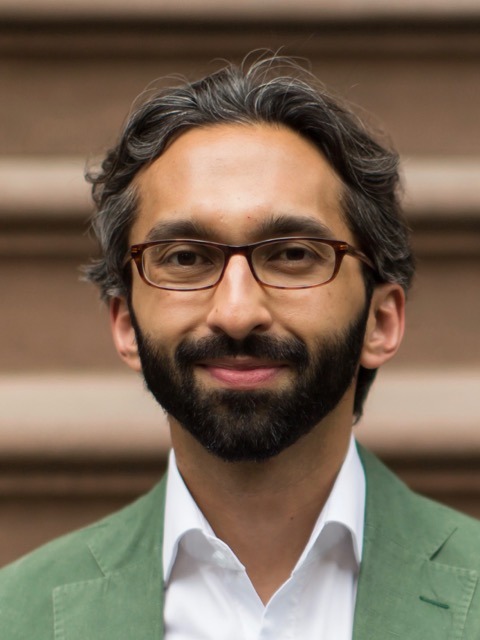
Al Jazeera: Why was the attack on Al Jalaa Tower illegal and if so why? Did the building contain ‘military assets’? Why did Israel make this claim?
Haque: The attack on Al Jalaa tower was illegal because any Hamas members who might have used it for military operations had already left, taking at least some of their equipment with them. It was very unlikely that they would resume operations in a building that the IDF just threatened to destroy.
It’s very unlikely that whatever equipment they left behind was important enough to justify destroying dozens of civilian homes and offices. And the airstrike was aimed at the building’s base, not any specific floors that may have contained abandoned equipment.
It is unclear if the building contained military assets. The IDF says Hamas members removed items from the building, but it’s not clear what was left behind, if anything. The IDF’s story has also changed a bit. First, these assets were for intelligence. Then it was research and development. Later, sabotage. Most recently, disrupting missile guidance systems. So it’s unclear what was in the building, what was removed, or what was destroyed.
- Most Viewed
- Most Popular



